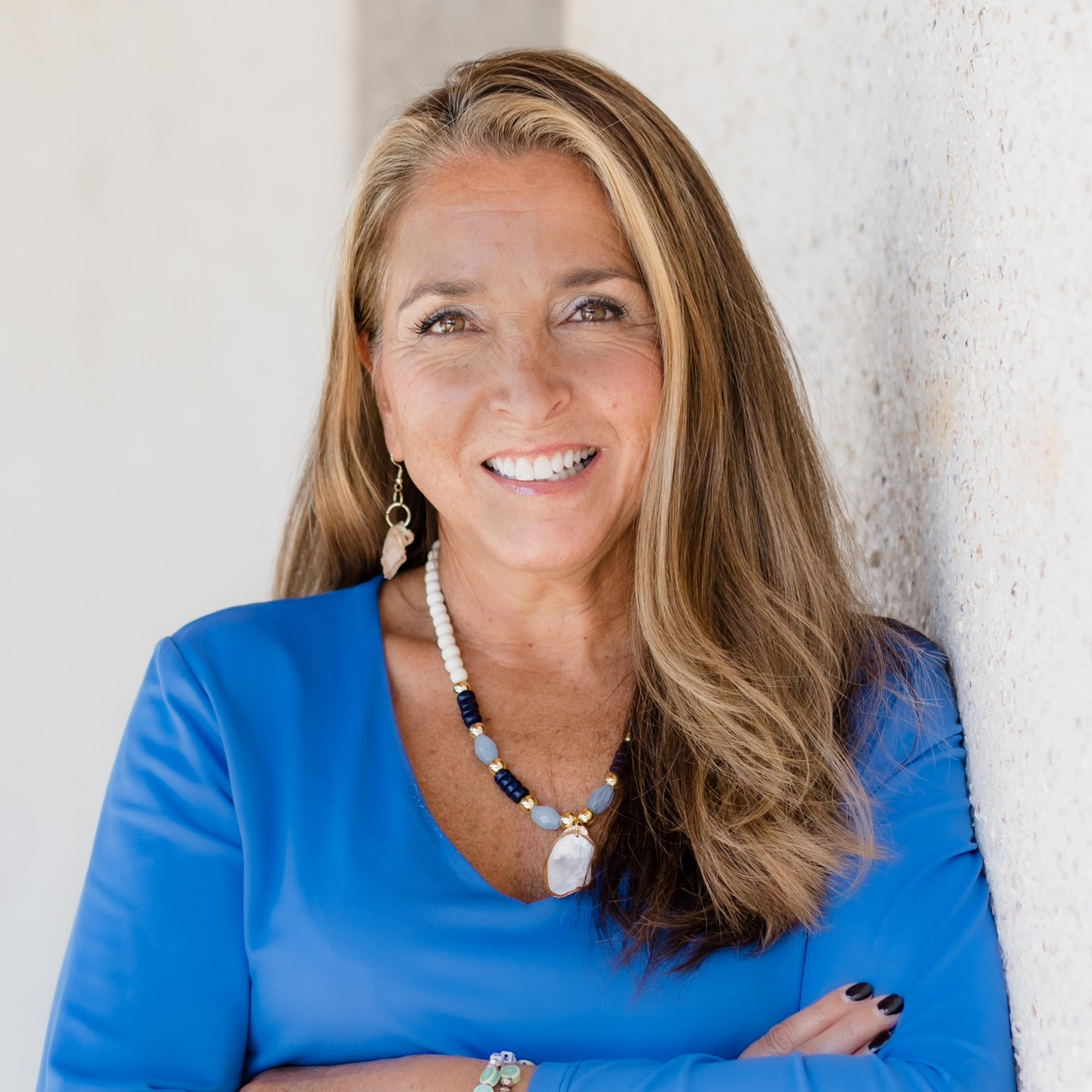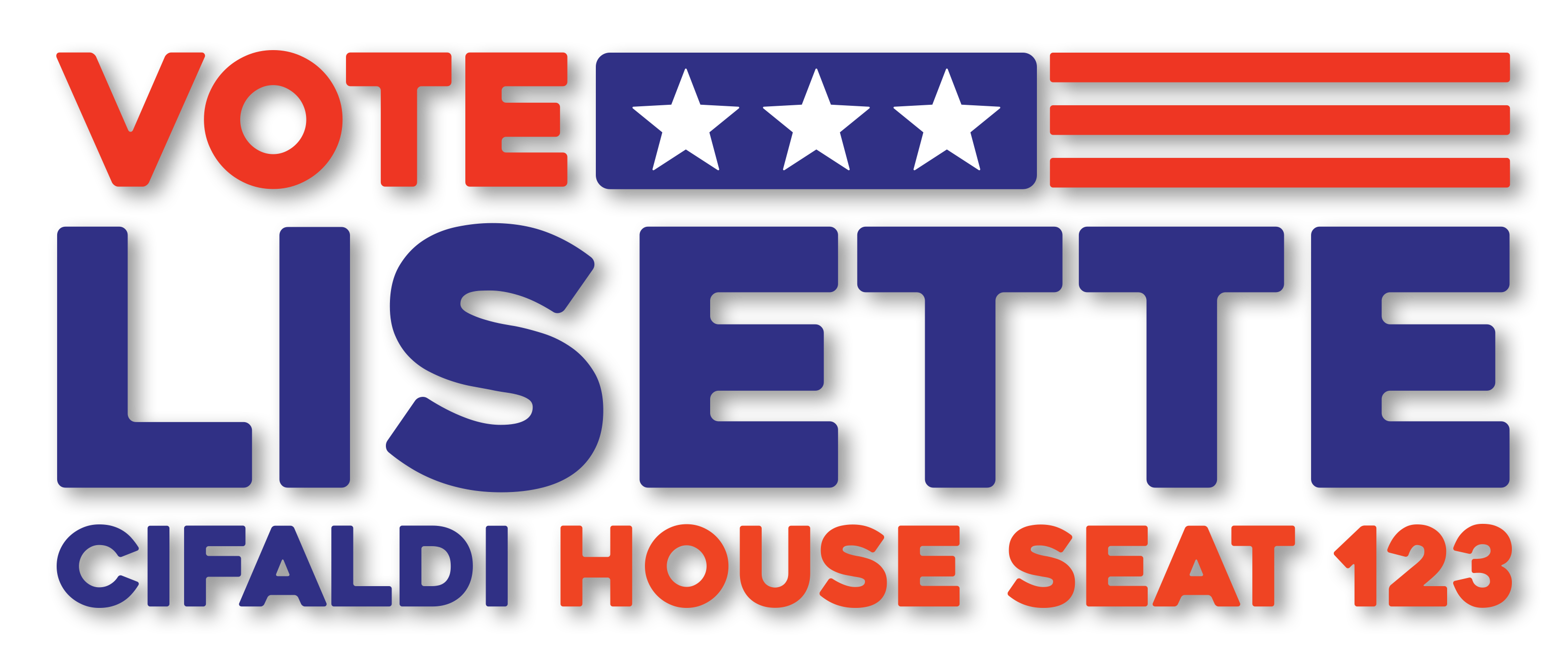education
The Issue:
public education.

Lisette cifaldi
I believe public education in South Carolina is crucial because it helps address the educational disparities that exist across different regions and communities in the state.

Jeff bradley
Jeff Bradley has stated, “Education is one of the last monopolies in the country.”
my take.
Far-right extremists who call public education a monopoly, like Jeff Bradley, believe that the federal government should disengage in the funding of public schools resulting in the abolishment of our public school system in our country. It is not a coincidence that the movement calling public education a monopoly coincided with the Brown v. Board of Education Supreme Court decision allowing segregationists to seek educational alternatives from integrated schools.
The foundation of public funding of education for all people should not be viewed as a business, but rather a public good to ensure a free and democratic society (Thomas Jefferson). Public schools are the public good that serves the nation. They provide a common ground for discussion of ideas that starts at the community level via school board meetings and parental engagement. They bring together diverse voices from a pluralistic society and provide an economic and social foundation that supports the growth and stability of communities. Public education fosters equality, innovation, and civic responsibility, which are essential for the nation’s long-term prosperity and cohesion.
The Issue:
school vouchers.

Lisette cifaldi
I will prioritize taxpayer dollars for public education and invest in teacher retention. It is critical that SC invest in underperforming public schools.

Jeff bradley
Jeff Bradley supports school voucher programs with no income requirements, no prior public-school attendance, and no accountability by private schools.
my take.
Let’s break down the voucher program Jeff Bradley fought so hard for:
In 2022, Jeff Bradley introduced the Education Scholarship Trust Fund Program (H. 5164), a 3-year pilot program authorizing school vouchers to help economically disadvantaged children in South Carolina access better educational opportunities by using taxpayer money to send them to private schools. Each voucher recipient would receive $6000 and had to meet an income requirement making sure the funds did in fact go to families in need. In addition, recipients of the voucher had to first be enrolled in a public school to qualify. Important note, South Carolina has over 750,000 kids in public school.
Cost:
1st year: 5,000 kids x $6,000 each = $30 million to help .006% kids in public school.
2nd Year: 10,000 kids x $6,000 each = $60 million to help .013% of kids in public school.
3rd Year: 15,000 kids x $6,000 each = $90 million to help .02% of kids in public school.
In its original form the program diverts substantial funds to benefit a small number of children in a state where the public school system ranks 42nd nationally, raising questions about the allocation of resources. However, Less than a year after the passage of H. 5164, and with a South Carolina Supreme Court decision pending on whether school vouchers violate the SC Constitution, Jeff Bradley led the effort to strip all income requirements from the school voucher program, allow families with children currently in private school to be eligible for the voucher program, and eliminate all oversight and transparency requirements on how the funds are spent or accountability requirements on the private schools. What had been promised as a program to improve quality through competition and choice has become a mechanism to siphon away taxpayer dollars for a small percentage of students in privatized education with no oversight.
There is little research that demonstrates that these voucher programs help children in need excel in school while at the same time undermining strong public education. They take scarce funding from public schools, which serve 90 percent of students, and give it to private schools—institutions that are not accountable to taxpayers.
The school voucher program championed by Jeff Bradley is a classic Bait-and-Switch and leaves his real motivation in question.
The Issue:
school lunches for children in need.

Lisette cifaldi
I will vote to support any funding that feeds hungry children in SC. I will ensure that all children have access to a healthy breakfast and lunch regardless of the month in the calendar year.

Jeff bradley
Jeff Bradley did not support a bill that would have renewed the Summer EBT federal program that helps feed underprivileged children who qualified for free or reduced-priced meals during the summer months.
my take.
In South Carolina one in six children go to bed hungry. Jeff Bradley did not support a bill that would have continued to provide food for underprivileged children after the school year ends.
I believe that government’s first goal should be maintaining the welfare of its citizens. Failure to support a bill such as this, one that’s goal is to support our most vulnerable citizens, is a total failure of that goal.
There are many programs that Jeff Bradley supported that cost far more, and helped far less children, such as the school voucher program which cost 30 million in the first year and around 6,000 children saw benefit from.
The Issue:
book bans.

Lisette cifaldi
I trust schoolteachers and school librarians to decide what books are appropriate for our children in concert with parents.

Jeff bradley
Bradley sponsored initiatives to allow the SC Department of Education to institute book bans across the state.
my take.
Despite the lack of final passage by the SC legislator, the SC Department of Education enacted the rule in June 2024, pre-empting any actions by the local school boards.
In 2023, the Beaufort County School Board undertook an arduous process with significant citizen involvement to address 97 proposed banned books, all but 4 of which were returned to the library shelves after the completion of the process.
Parents and schoolteachers are concerned that this new regulation will result in a continued loss of public-school teachers by placing additional mountains of paperwork and a threat of punishment on the backs of public school teachers and librarians.
